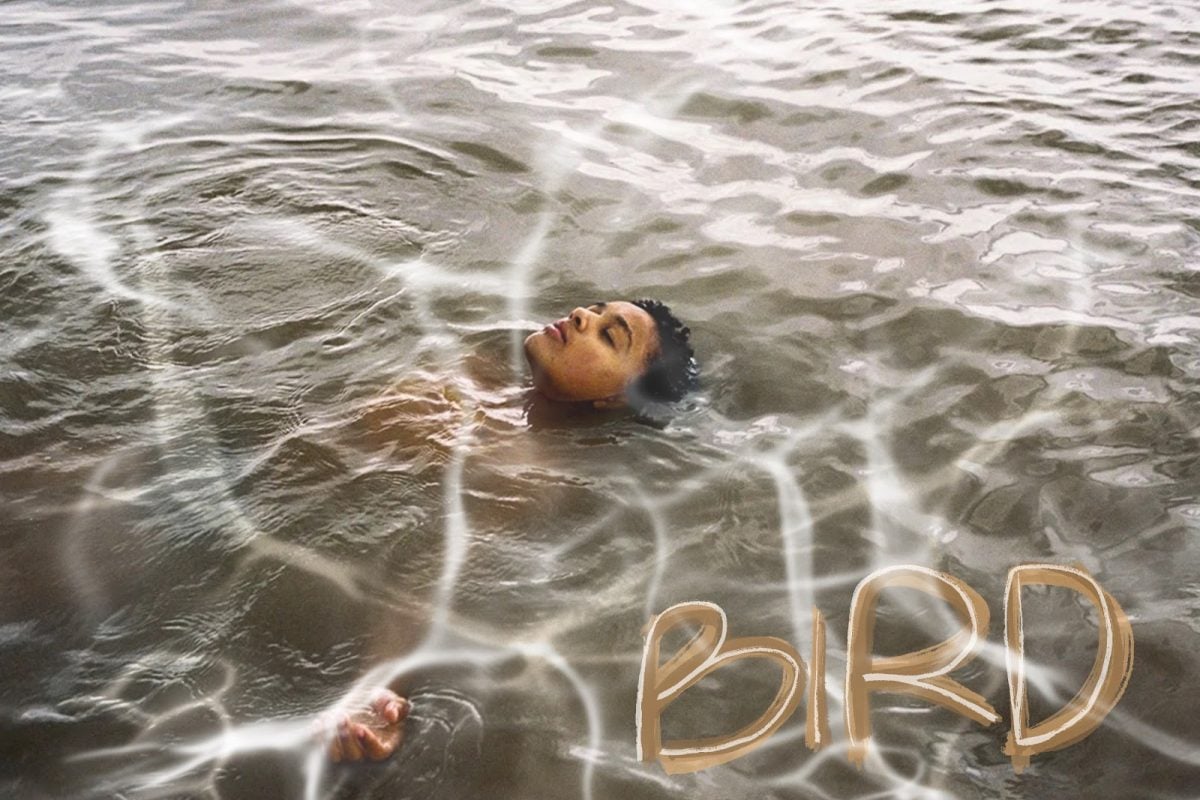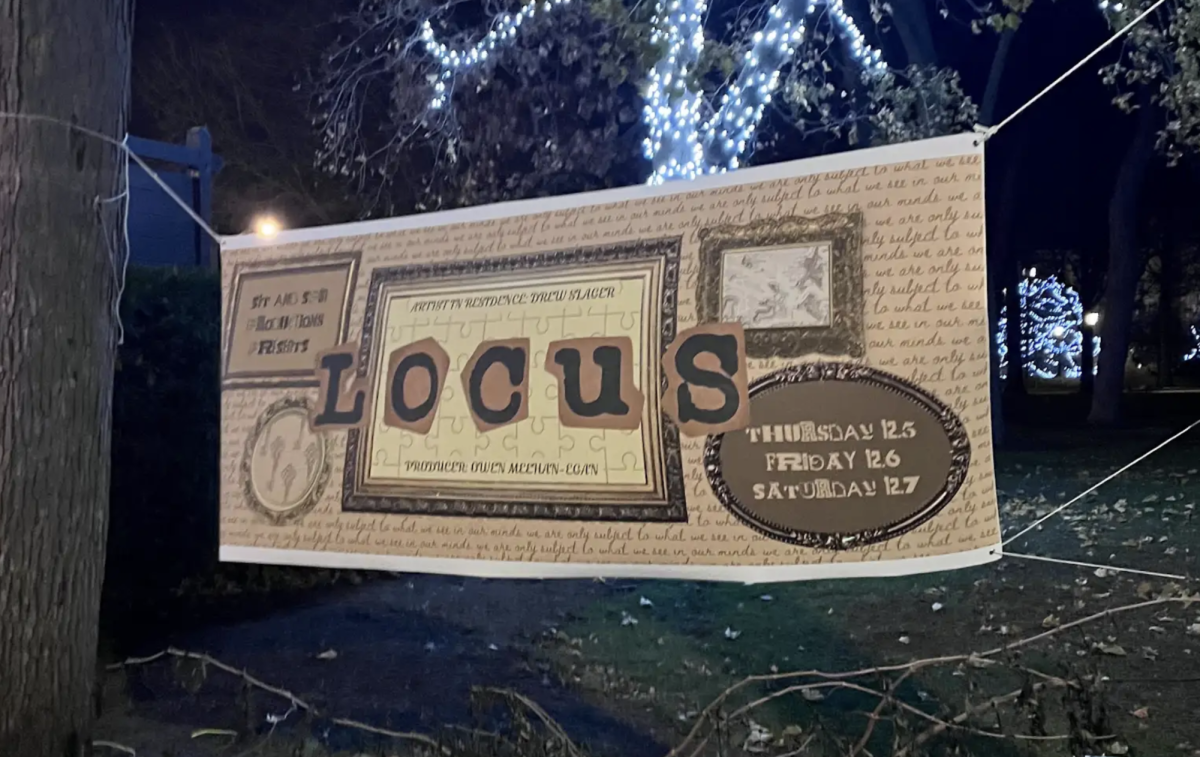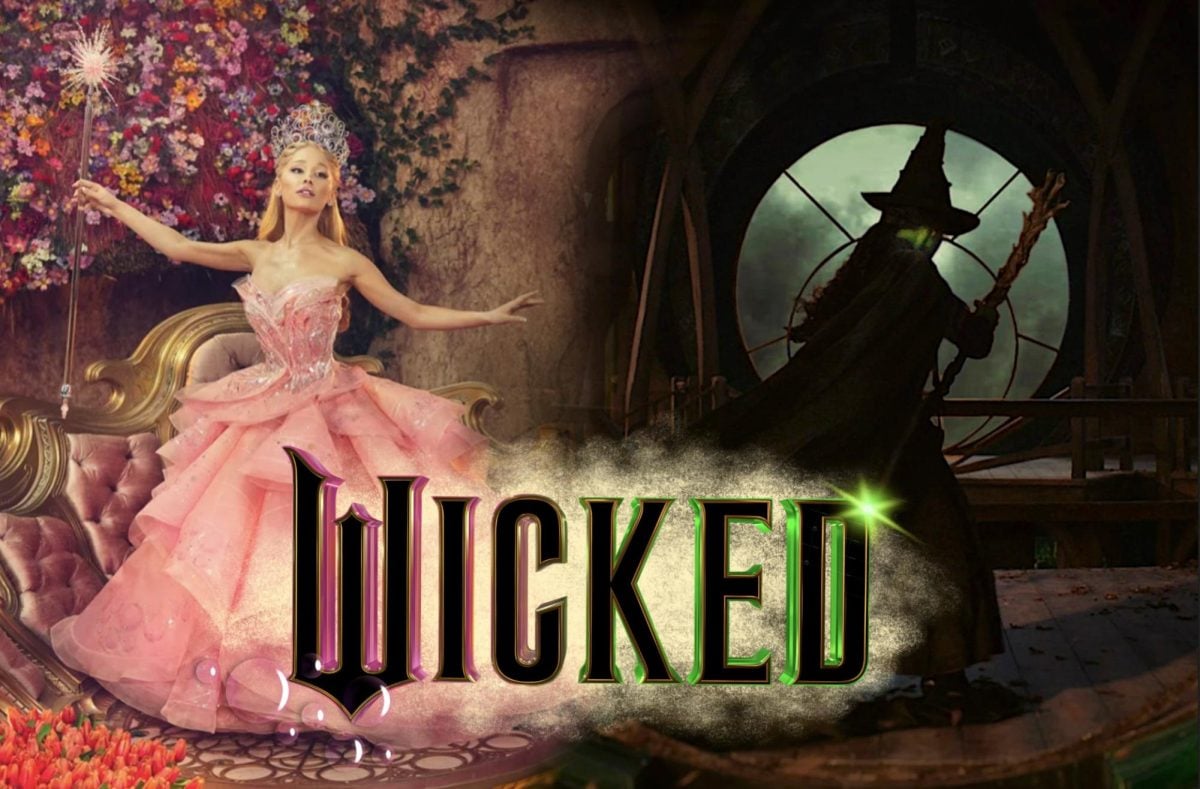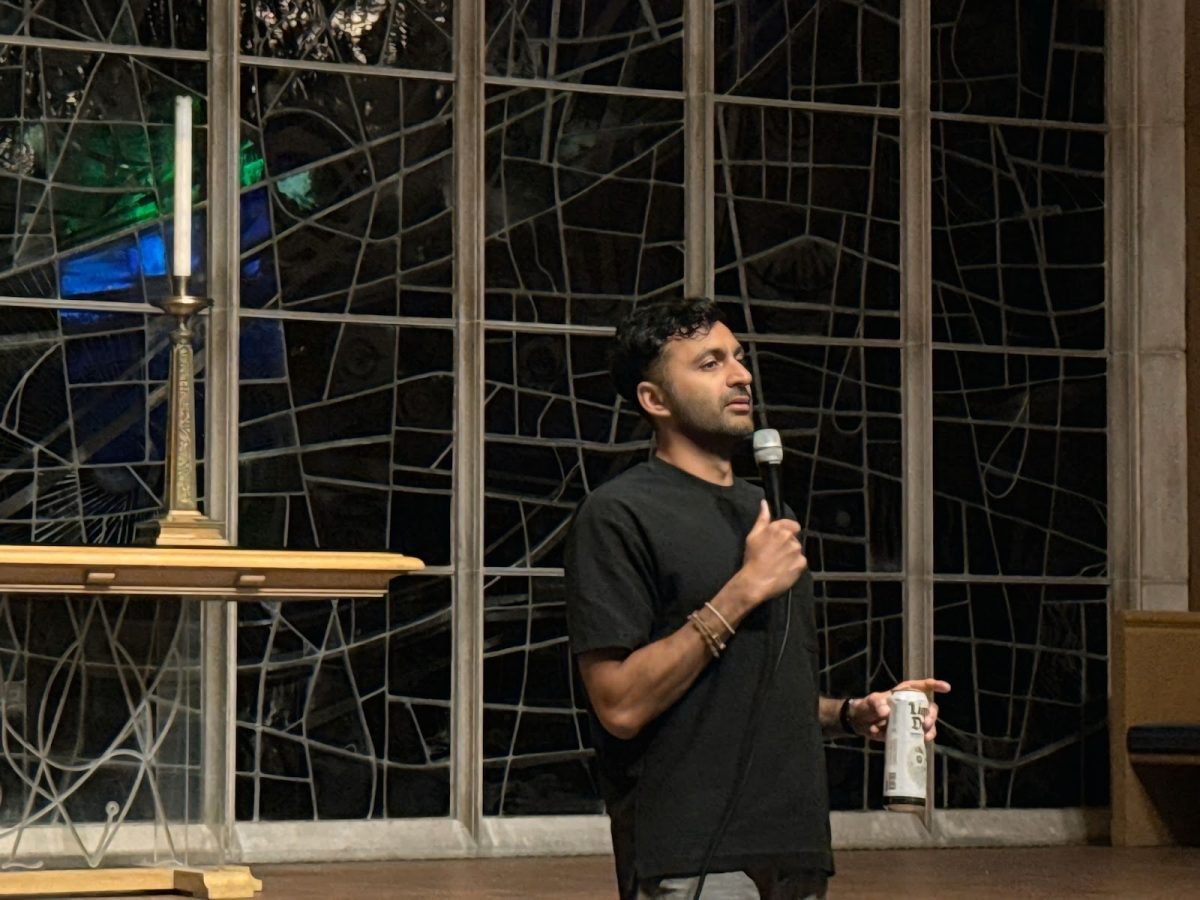Content warning: This review contains mentions of assault, as well as spoilers.
Through the hardest of times, when we are lost and hopeless, director Andrea Arnold reminds us there’s light on the other side of the tunnel.
Arnold’s new coming-of-age film, “Bird,” debuted its Chicago screening at the 60th Chicago International Film Festival on Saturday. “Bird” had its world premiere at the 77th Cannes Film Festival last May.
Arnold is no stranger to the coming-of-age genre; she’s best known for her past directorial work on “American Honey” and “Fish Tank,” the latter of which took home the Silver Hugo for jury special award at the 45th Chicago International Film Festival.
Her latest film follows the life of 12-year-old Bailey (Nykiya Adams), who lives with her father, Bug, played by Barry Keoghan, the star of last year’s cultural phenomenon “Saltburn.” Bailey’s little brother and two little sisters live with their mother, Peyton (Jasmine Jobson), who dates an abusive man named Skate (James Nelson-Joyce).
Bailey has a complicated life at home, living with a well-intentioned but neglectful father who is getting married to his girlfriend of just three months.
The film follows Bailey’s daily struggles with family, gender identity and the motions of growing up, including puberty.
Bird (Franz Rogowski) enters Bailey’s life when she is lost and unsure of her place in the world. Bird mirrors much of Bailey’s life through his apparent gender fluidity and own familial complications, which Bailey helps guide him through. She learns more about her own identity as she helps Bird reconnect with his past.
The film takes quite an unexpected turn in the form of a surrealist plot twist. In a pivotal scene, Bailey seems to harness the ability to tame a bird, calling it to carry a note from the ground floor to a third-story balcony. As the film progresses, it’s revealed that “Bird” is quite a fitting name to say the least.
At the climax of the film, Bird rescues Bailey and her mother as Skate physically assaults them — a scene so surreal and unpredictable, it almost feels out of place compared to the rest of the film.
Yet, the more I think about it, the more I admire this daring narrative choice. Arnold uses this fantastical twist to seamlessly blend surrealism with a grounded plot that is purposely quite jarring but incredibly fitting.
In multiple shots of the film, Bird stands on the roof of an apartment complex through Bailey’s window as she is falling asleep. Bird, her ever-present guardian angel, is literally and figuratively watching over Bailey, guiding her through the troubles of youth.
Arnold effectively relays the message that in the darkest of times, someone is always there for you, even if you don’t know it.
As Bug gets married and the film comes to a close, Bailey is one step closer to finding herself. She hugs Bird for a final goodbye, having learned that when life moves, you move along with it.
The film closes with an evocative close-up of Bailey’s face with her now yellow pupils, letting the audience know that they have the power to get through the struggles life throws your way. This metaphor sticks with the audience even after the credits roll.
The film officially releases to the public on Nov. 8.
Email: [email protected]
Related Stories:
— Chicago International Film Festival returns for 60th anniversary
— Reel Thoughts: ‘The Apprentice’ satisfies all our perverse curiosities about Donald Trump
— Reel Thoughts: ‘Inside Out 2’ creatively depicts the emotional side to puberty


















